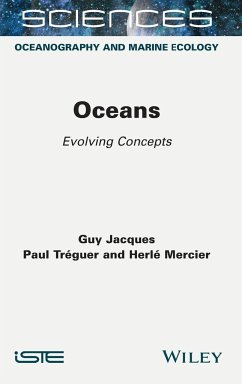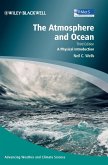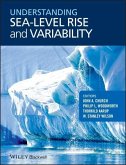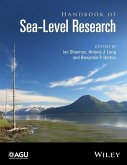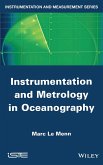Since the HMS Challenger expedition of 1872?1876, our vision of the ocean has changed completely. We now understand that it plays a key role in biodiversity, climate regulation, and mineral and biological resources, and as such, the ocean is a major service provider for humanity.
Oceans draws on data from new oceanographic and satellite tools, acquired through international interdisciplinary programs. It describes the processes that control how the ocean functions, on different spatial and temporal scales. After considering the evolution of concepts in physical, chemical and biological oceanography, the book outlines the future of a warmer, acidified, less oxygenated ocean. It shows how a view of the ocean at different scales changes how we understand it. Finally, the book presents the challenges facing the ocean in terms of the exploitation of biological and mineral resources, in the context of sustainable development and the regulation of climate change.
Hinweis: Dieser Artikel kann nur an eine deutsche Lieferadresse ausgeliefert werden.
Oceans draws on data from new oceanographic and satellite tools, acquired through international interdisciplinary programs. It describes the processes that control how the ocean functions, on different spatial and temporal scales. After considering the evolution of concepts in physical, chemical and biological oceanography, the book outlines the future of a warmer, acidified, less oxygenated ocean. It shows how a view of the ocean at different scales changes how we understand it. Finally, the book presents the challenges facing the ocean in terms of the exploitation of biological and mineral resources, in the context of sustainable development and the regulation of climate change.
Hinweis: Dieser Artikel kann nur an eine deutsche Lieferadresse ausgeliefert werden.

